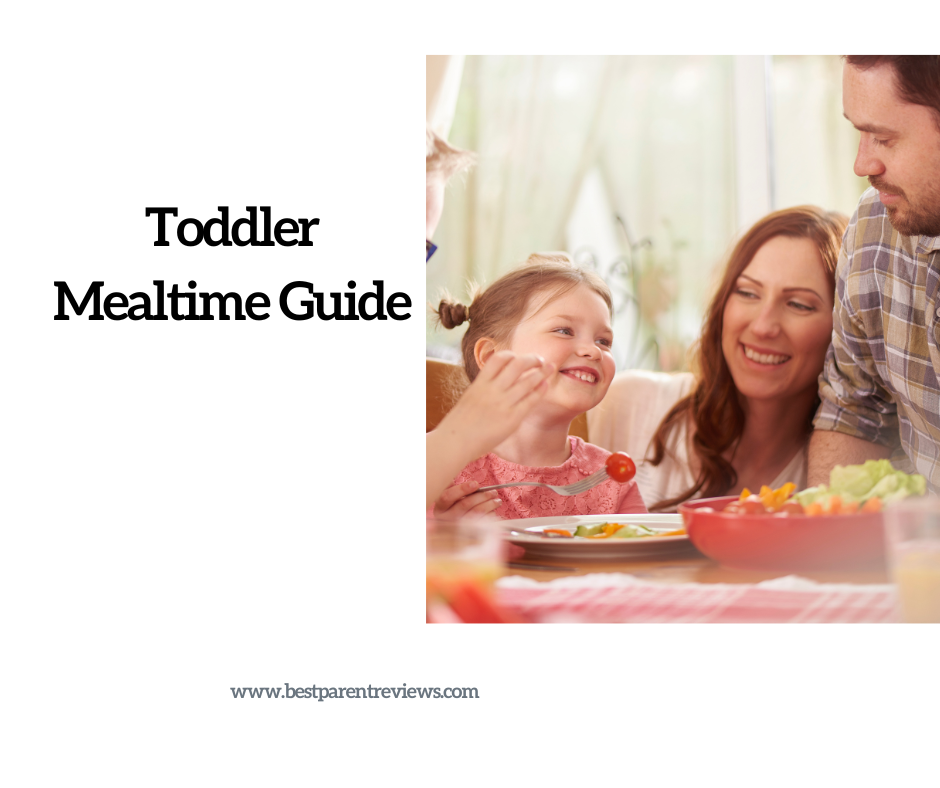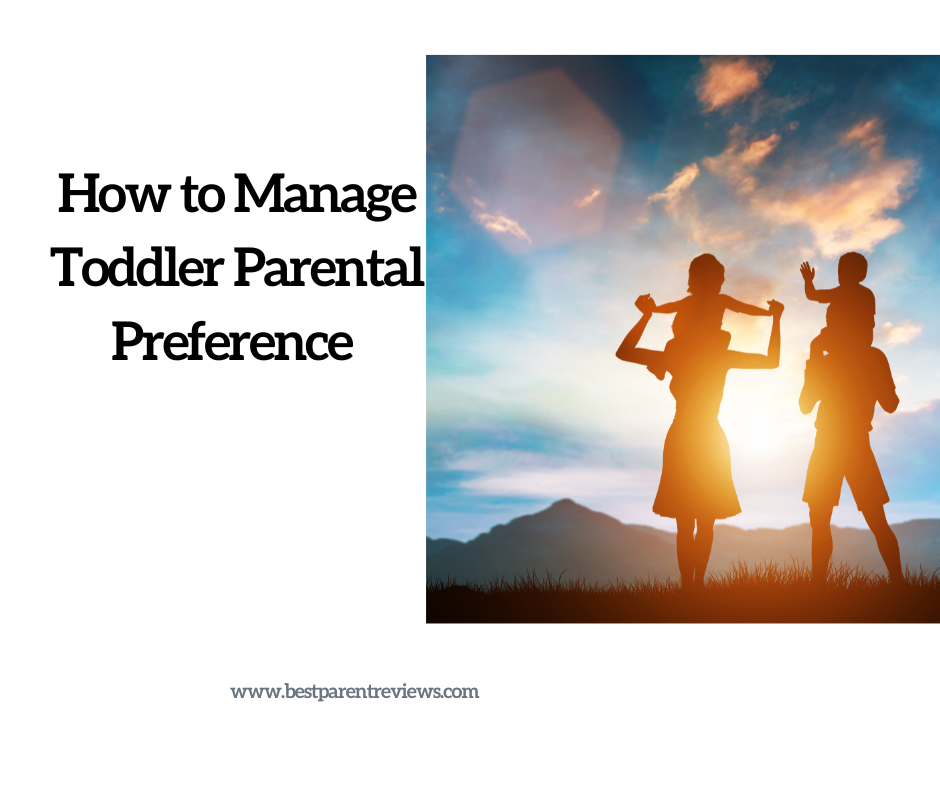Today we are going to go through why toddlers sometimes favor one parent over the other and provide tips on how to navigate through what can be a difficult situation.
Table of Contents
- What is Parental Preference in Toddlers? Why do Toddlers favor one parent?
- Nurturing A Balanced Approach: Strategies For Managing Your Toddler’s Parental Preference
- Encouraging Exploration And Flexibility: Fostering Healthy Development In Toddlers With Parental Preferences
- Communicating with your partner
- FAQ
What is Parental Preference in Toddlers? Why do Toddlers favor one parent?
Parental preference refers to the phenomenon where toddlers develop a strong affinity for certain activities with one parent over the other. It can be disheartening for the less-favored parent and may lead to feelings of rejection or inadequacy.
However, it is crucial to understand that parental preference is a common occurrence during a child’s early years and does not reflect on the love or bond between parent and child.

Several factors contribute to this preference:
1. Toddlers are naturally drawn toward activities that align with their interests, personalities, or skill sets. If one parent engages in activities that resonate more with the child’s preferences or abilities, they are likely to become the preferred choice.
2. Secondly, consistency plays a vital role in forming these preferences. If one parent consistently participates in specific activities with the toddler, such as reading bedtime stories or playing sports, it creates familiarity and comfort for the child.
3. Parental bonding styles can influence a toddler’s preference. Some children may prefer activities with a parent who provides more structure and discipline, while others may gravitate towards a more relaxed and playful approach.
Understanding these underlying factors helps parents navigate through this phase without feeling discouraged or resentful!
Nurturing A Balanced Approach: Strategies For Managing Your Toddler’s Parental Preference
Parental preference is a common phenomenon observed in toddlers, where they exhibit a strong preference for one parent over the other. While it can be challenging for the less favored parent, it is essential to adopt a balanced approach to ensure your toddler feels loved and supported by both parents.
Here are some strategies to help manage and navigate this situation.

- Encourage shared activities: Create opportunities for your toddler to engage in activities that involve both parents. Shared playtime, reading sessions, or outdoor adventures can foster bonding with the less favored parent.
- Maintain consistent routines: Consistency provides security and reassurance for toddlers. Establishing predictable daily routines with both parents helps your child feel connected and valued by each of you.
- Establish clear boundaries with your partner and with your toddler about acceptable behavior. If you are going to allow deviations from your plan (say letting Mommy do the bath rather than Daddy) make sure you are aligned with your partner.
- Avoid negative talk. Don’t talk negatively about yourself, your partner or your toddler. Try to position the conversation around positive options – “Daddy can take you to the playroom or Daddy can take you outside – which would you prefer?”
- Communicate openly: Talk openly with your partner about parental preference without blaming or criticizing each other. Understanding each other’s feelings and perspectives can lead to effective problem-solving.
- Be patient and understanding: Toddlers’ preferences are transient phases as they explore their emotions and attachments. Remember that this is a normal part of their development, and patience is key in nurturing a balanced approach.
Encouraging Exploration And Flexibility: Fostering Healthy Development In Toddlers With Parental Preferences
Parental preferences can be a common occurrence during a toddler’s development, where they display a strong inclination towards certain activities or interactions with one parent over the other.
While it is natural for parents to feel disheartened or even frustrated by this preference, it is essential to approach the situation with understanding and encouragement. To foster healthy development in toddlers with parental preferences, it is crucial to encourage exploration and flexibility.
If your toddler is preferencing one parent in your current routines – have the other parent come in and do a non-routine activity. See our article about creative ideas for Dad’s Activities for quality time with toddlers.
Parents should create an environment that offers diverse opportunities for their children to engage in various activities. By exposing toddlers to a range of experiences, they can develop new interests and expand their horizons.
Emphasizing flexibility helps toddlers understand that different activities can be enjoyable regardless of which parent initiates them.
Parents should encourage their children to try new things and provide positive reinforcement when they show interest or engagement outside of their preferred activities.
Communicating with your partner
- Maintaining open communication between both parents is vital. Encouraging discussions about each parent’s strengths and interests can help identify areas where the preferred parent can support the other parent in engaging with the child.
- Be open with your partner about issues. It can be frustrating to feel like the second option – especially when that is reinforced by your toddler screaming for your partner over you. It has nothing to do with you: it’s part of your toddler’s development. For more on handling toddler tantrums – check out our guide.
- Recognize that it’s not an ideal situation for either parent: The favored parent may want a break and the unfavored parent may want some love
- It’s ok for one partner to need a break – let them “tag-out”.
- This is an extremely common issue – feel free to bring it up with other parents in a lighthearted way. You will feel better hearing that you are not the only ones.
This collaborative approach ensures that both parents remain involved in their toddler’s life while respecting their preferences.
Remember – your children are human. We all go through phases of favoritism. Remember that your love and your bond with them is constant and will always be there!

FAQ
Question: I’m the preferred parent – what should I do?
Answer: Be supportive of your partner and work to include them in activities. Speak positively about your partner and their contributions and positive attributes.
Question: I’m not the preferred parent – what should I do?
Answer:
Remain engaged in the situation.
Don’t take it personally
Talk to your toddler directly about the situation and explain why you need to help them, rather than your partner.
Question: Is it ok to deviate? If my toddler is really angry – can we just do what they want?
Answer: Yes – it is ok to occasionally deviate. Sometimes its not worth the battle. But remember to have set routines and to generally stick to them. Also make sure to have alignment with your partner.


